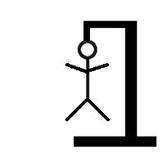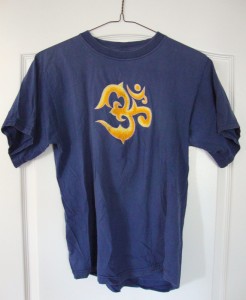 In 2007 Jon McLoone used Mathematica to create a Hangman game pitting the computer guesser against the human word-selector. As his daughter became old enough to play against the demonstration, and old enough to get frustrated with the computer guesser always winning, she asked her dad the obvious question: to beat the computer, what are the best words to choose?
In 2007 Jon McLoone used Mathematica to create a Hangman game pitting the computer guesser against the human word-selector. As his daughter became old enough to play against the demonstration, and old enough to get frustrated with the computer guesser always winning, she asked her dad the obvious question: to beat the computer, what are the best words to choose?
Surprised that he had not considered such a good question himself, McLoone set about playing 15 million games of Hangman (automated, I imagine) using every word in the dictionary and arming the computer with a number of different letter-guessing-strategies. The word that the computer failed to guess the most often was somewhat surprising.
So what kinds of strategies make the best guesser? And to counter that, what kinds of strategies should the word-selector employ?



